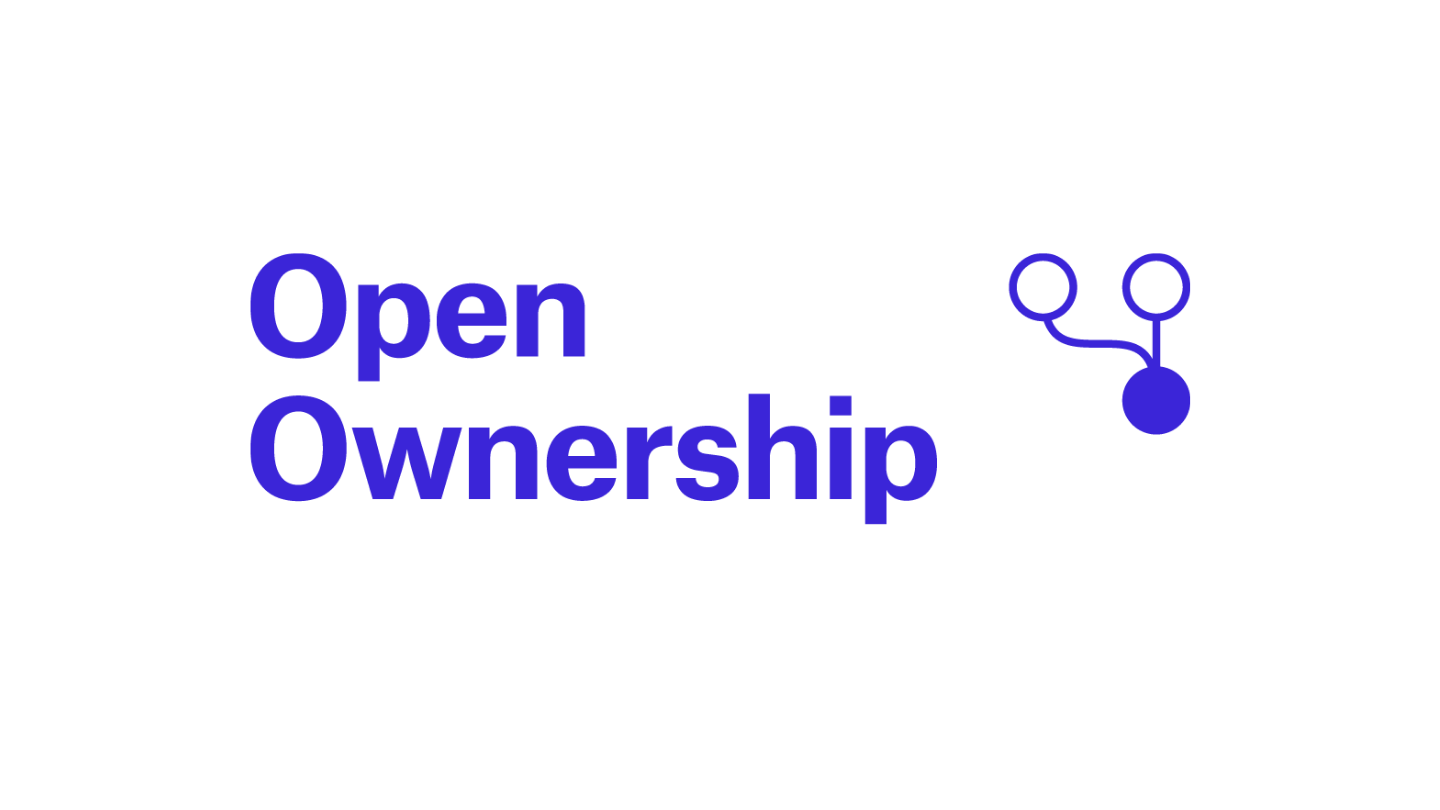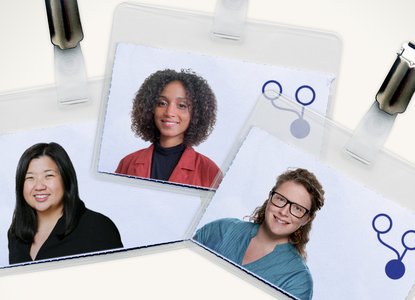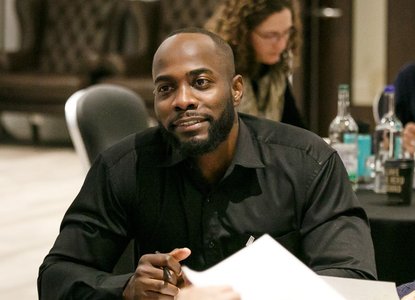Meet Miranda and Phoebe, our two newest staff members

Miranda Evans
OO: Tell us about your early life
I’m from Kent in the southeast of England, where I grew up with my parents and one brother. My mum is from the US, so we spent a lot of time going over to Washington D.C. to see her brothers and sisters. My dad’s mother was from Switzerland, so we spent a lot of time going there too. And to North Wales, to Anglesey.
When I was growing up we had a lot of animals and I really enjoyed taking care of them. I also played a lot of football; I was a midfielder and then a goalie as I was the only girl tall enough to reach the cross bar! I did all my schooling in Kent, and then when I was 18 I went to London for university, where I studied International Politics.
OO: At what point did you realise your calling to work in international development?
Well, after my first degree in London, I actually went on to study a Masters in international development in Amsterdam. I had done a few volunteering things when I was younger, including going on a Department for International Development (DfID)- funded trip to Nepal, where we were doing various community projects. That trip was tragically interrupted by the earthquake in 2014 as half of the participants were my Nepali friends who needed to return to their families. That gave me my first experience of international aid work, and coupled with my degree, led me to Amsterdam to study international development.
In Amsterdam I got interested in community project work, and some of the vested interests that are involved in these programmes around the world. My master’s thesis was on the use of private consultants by DFID. For example, the Girls Education Challenge running at that time, 2012-2017, had a huge budget and was almost entirely staffed by consultants, mainly from PriceWaterhouseCoopers. This hadn’t been widely studied at all so I decided to focus on it for my thesis.
Through this I got interested in outsourcing and procurement. So I got a job in a start-up in the UK which primarily used UK open procurement data to build a database about UK government spending on private firms. I worked on a mixture of research and press, and from that I moved to digital product management. I did that for three to four years, but wanted to get experience in government, so when I saw a job advertised in the Cabinet Office (UK civil service), to work on the Procurement Bill, I applied, and worked there for a few years from January 2022.
I realised however that I flourish in smaller environments. I didn’t want to go back into the private sector, and when this job with Open Ownership came up, having met Steve [Abbott Pugh] and Tymon [Kiepe] through their work for OO with the Cabinet Office, I applied, as I thought it would be a good fit.
OO: And why is working in international development important to you now, particularly?
For me, we have seen over the last few years the scale of the challenges caused by secrecy in international financial dealings, including the use and misuse of corporate vehicles, and how that can facilitate corruption. I think this has brought the UK into disrepute in many quarters. It is often seen as quite an enabler of these practices.
I believe it’s important to work together internationally to address these issues. The UK is one of the world leaders in beneficial ownership transparency (BOT), but that doesn't mean that data is necessarily linked up to other international datasets, or used in the best way, There are plenty of UK overseas territories, for example, where the transparency we see in the UK isn’t reflected at all. So I think it’s important to be part of building an international coalition of actors who are trying to make BO data available to those who need it.
OO: You’ve come into a brand new role at OO, working as the Data Support Manager. What do you think are the challenges ahead?
Well, OO seems to have consciously created a very collaborative working environment through remote working, so I don’t find that a challenge at all. And I like the possibility of working from anywhere, as well as having colleagues all over the world.
I guess that I am still stacking the challenges up, but the main thing I have seen is that on the one hand, the organisation has a lot of experience in designing support for policy reform and legislation, and on the other, it has a lot of tools and information about data, and how it should be structured so it can be used.
I think what I am helping OO to do is develop the link between those two things: how do we turn legislation into open data? How do governments best design systems that can support sustainable publication and the use of BO data? And as more and more countries make data available, what can we do to ingest that data into the tools we already use, like the Open Ownership Register, so that we can have a global resource that people can use?
Phoebe Williams
OO: Tell us about your early life
I grew up in the southwest of England just outside of Bristol. And although it wasn’t especially exciting at the time, in hindsight it was quite a good place to be a young person. Pretty much everyone went to the local secondary school, so you knew everyone your own age and had a lot of shared experiences with a wide set of people. I valued that, and lots of the friends I had back then are still really important to me now as an adult, even though we went off to do all kinds of different things. By the time I went to university I was desperate to leave and be somewhere else! But growing up there probably did shape how I think about what it means to be part of a community. Especially the kind of loose, or incidental ties we have with people, which are really important in how we live.
So I left when I was 18 and studied philosophy for my undergraduate degree, and I had fun! A year later I did a Masters in London in legal and political theory, it was great and such a turning point as it changed how I thought about so many things, and what I wanted to go on and do.
OO: At what point did you realise your calling to work in international development?
I think my interest in international development was solidified when I did my Masters, because I was exposed to a lot of new (to me, anyway) ideas about policies and institutions as the apparatus that set the conditions for how people live their lives. I’ve always found the interactions between states, and between states and citizens, really interesting. Particularly the structures of global justice and how that is realised, or rather inhibited, by things like greed, corruption, secrecy, and imbalances of power and resources. I’m interested in what the levers are that can change these things, and transparency is a really important part of the picture.
I’ve spent pretty much all of my working life so far in the non-profit sector doing research and engagement work, because it just feels like the right fit and a good use of my time and energy, and I’ve met so many great people doing interesting and worthwhile things.
OO: And why is working in international development important to you now, particularly?
A lot of the biggest issues we face now exist on a global scale. Obviously climate change is a prime example, and the questions of who mainly contributes to it, and who primarily suffers, and what the incentives are to do anything about it. These are globalised issues of justice and power and we have to have solutions on a global scale to match. This is now important in a way that is clearer than ever.
Open Ownership’s work finds really targeted and tangible ways to address some of these big complicated challenges. It has an eye on how to contribute to something bigger than itself, whether that’s in making sure BO data can be combined with other information, or properly understanding the legislative frameworks and real-world context within which BO data is implemented and used. Providing useful and usable tools for people to change things for themselves is a good place to direct our attention now.
OO: You’ve come into a brand new role at OO, working as the Community Engagement Associate. What do you think are the challenges ahead?
The specific aim of the community engagement function is around supporting people to use beneficial ownership data in the real world. Making the case for what it can do for individuals, governments and civil society so they can achieve their ends, is an important part of our work. It seems as though BO has grown in prominence over a relatively short time. We want to harness that momentum, to keep people engaged in what they can expect to achieve in using the data, and meet people wherever they are in their journey towards that. We work with amazing, diverse stakeholders, and I think that understanding how they do things, what they need, and what they’re hoping for, is fascinating and challenging.
I guess from a personal perspective just getting into the detail of the work is of course a challenge; understanding how BO data can be used involves understanding legislation, political contexts, all kinds of big-picture and small-picture information – there’s loads to know!
Suggested content
Publication type
Blog post

